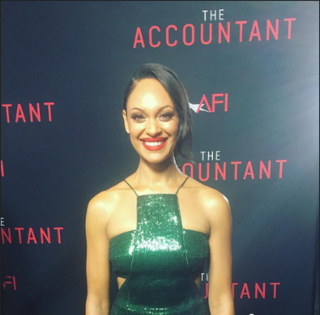A Quote by Robert Pinsky
I love form, but I'm not interested in forms. I've never written a sonnet or villanelle or sestina or any of that. For me, it's a kind of line. It's a rhythm. It's something musical.
Related Quotes
When you work in form, be it a sonnet or villanelle or whatever, the form is there and you have to fill it. And you have to find how to make that form say what you want to say. But what you find, always--I think any poet who's worked in form will agree with me--is that the form leads you to what you want to say.
In your language you have a form of poetry called the sonnet…There are fourteen lines, I believe, all in iambic pentameter. That’s a very strict rhythm or meter…And each line has to end with a rigid pattern. And if the poet does not do it exactly this way, it is not a sonnet…But within this strict form the poet has complete freedom to say whatever he wants…You’re given the form, but you have to write the sonnet yourself. What you say is completely up to you.
A dream role is a role that you can't even picture for yourself. Everything I've ever played I never pictured I would get a chance to play. It [has] gone beyond my wildest dreams. One thing I would love to do in my lifetime is a movie musical. I've wanted to do that since I was a kid. That's what made me interested in acting in the first place. I would do any type of musical, but I love the Harlem Renaissance era. I think a dream role in something that I probably can't see and I don't know when it's going to come.
For poets today or in any age, the choice is not between freedom on the one hand and abstruse French forms on the other. The choice is between the nullity and vanity of our first efforts, and the developing of a sense of idiom, form, structure, metre, rhythm, line - all the fundamental characteristics of this verbal art.
Often you've read another poem that you think is so beautiful that you'd like to make something like that. And so you try to make a sonnet that works in a certain kind of way, or you try to make something that's songlike, or you create a refrain, or you love the way a poem works in two line stanzas and you try to do that.
Among those today who believe that modern poetry must do without rhyme or metre, there is an assumption that the alternative to free verse is a crash course in villanelles, sestinas and other such fixed forms. But most... are rare in English poetry. Few poets have written a villanelle worth reading, or indeed regret not having done so.




































